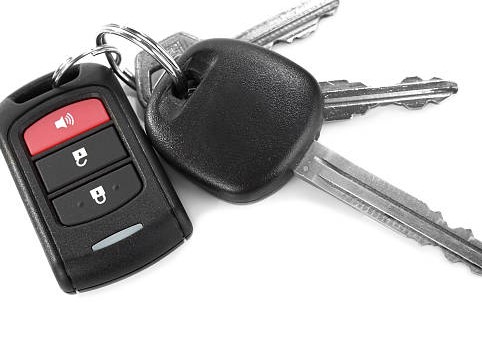To have the restriction lifted, drivers may bring a completed Certificate of Vision Examination MV3030V or a note from the vision specialist which includes the visual acuity and peripheral readings, date of vision exam and signature of vision specialist to a Division of Motor Vehicles (DMV) customer service center. Form MV3030V may also be. The applicant must meet the following requirements, with or without corrective lenses, to pass the vision exam: Regular Class Driver's License. 20/60 in one eye and at least 140-degree field of vision. If you fail the field vision screening you will be required to have a Vision Report Form (DS-274) completed by a licensed practitioner. Introduce VISION series unique BIOS UI interface. Most hardware/software vendors may no longer offer drivers to support Win9X/ME/2000/XP SP1/SP2. A new regulation would allow truck drivers who cannot meet current federal vision standards of either distant visual acuity or field of vision, or both, in one eye to be physically qualified to.
Vision Acquisition Software is driver software for acquiring, displaying, and saving images from a wide variety of camera types. NI Vision Acquisition Software (VAS) enables you to acquire, display, and save images from a range of industry standard cameras interfaces including GigE Vision, USB3 Vision, and Camera Link.

To screen your vision, you will be asked to look into a machine and read lines of letters or numbers to the DMV representative. This screening determines whether your eyesight and peripheral vision meet Virginia's standards to safely operate a motor vehicle. It is not a medical exam. If you fail the vision screening, you may be asked to see an eye care professional. If you need to wear glasses or contact lenses to pass the vision screening, you must wear them when you drive. Your license will show this restriction.
It is important to note that DMV's vision screening is not an eye exam and is not intended to be an indicator of the health of your eyes. We strongly encourage all drivers to visit their eye care professional on a regular basis.
Laser Surgery
If you must wear glasses or contact lenses when you drive, your driver's license will show a vision restriction. To have the vision restriction removed after having LASIK surgery to correct your vision, you must either:
- Visit a DMV customer service center and obtain a replacement license. You will be required to pass the vision screening without wearing glasses or contact lenses, OR
- Submit the following by mail:
- A completed Driver's License and Identification Card Application (DL1P)
- A Vision Screening Report (MED 4) that has been signed by an ophthalmologist or optometrist within the last 3 months. The MED 4 must indicate that you meet the minimum visual requirements without wearing glasses or contact lenses.
- A $20 payment for the replacement license
- Mail these items to:
- Department of Motor Vehicles
- Driver's License and ID Card Work Center
- P. O. Box 27412
- Richmond, VA 23269-0001

DMV will process your request and send you a replacement license by mail with the vision restriction removed.
If the expiration date on your license is less than six months away, you may choose to renew your driver's license instead of replacing it.
Vision Requirements
| License Type | Minimum Requirements | Comments |
|---|---|---|
| Driver's License |
| |
| Restricted to Daylight Hours Only |
| A restricted license permits you to drive only during the period of time beginning one-half hour after sunrise and ending one-half hour before sunset. |
| Commercial Driver's License |
| These visual requirements must be met without the aid of a telescopic lens. Some drivers may be granted waivers from these vision requirements. |
| Intrastate Only CDL or Commercial Learner's Permit | If you are unable to meet Virginia minimum vision requirements for a commercial driver's license or commercial learner's permit, you may apply to Medical Review Services for a disability waiver to qualify for an intrastate only CDL or commercial learner's permit, provided you meet the Federal Motor Carrier Safety Regulations (FMCSR) minimum vision requirements in one eye:
| To qualify to transport hazardous materials with limited vision, see Conditions of Variance for CDL Driver to Haul Hazardous Materials. For additional information, refer to the Application for a CDL Disability Waiver or Hazardous Materials Variance (MED-30). |
Bioptic Telescopic Lens
Driver's Vision Enhancer (dve) An/vas-5

Driver's Vision Sheet

Driver's Vision Test Illinois
If you wear bioptic telescopic lenses, see Bioptic Telescopic Lens Wearers for requirements.
